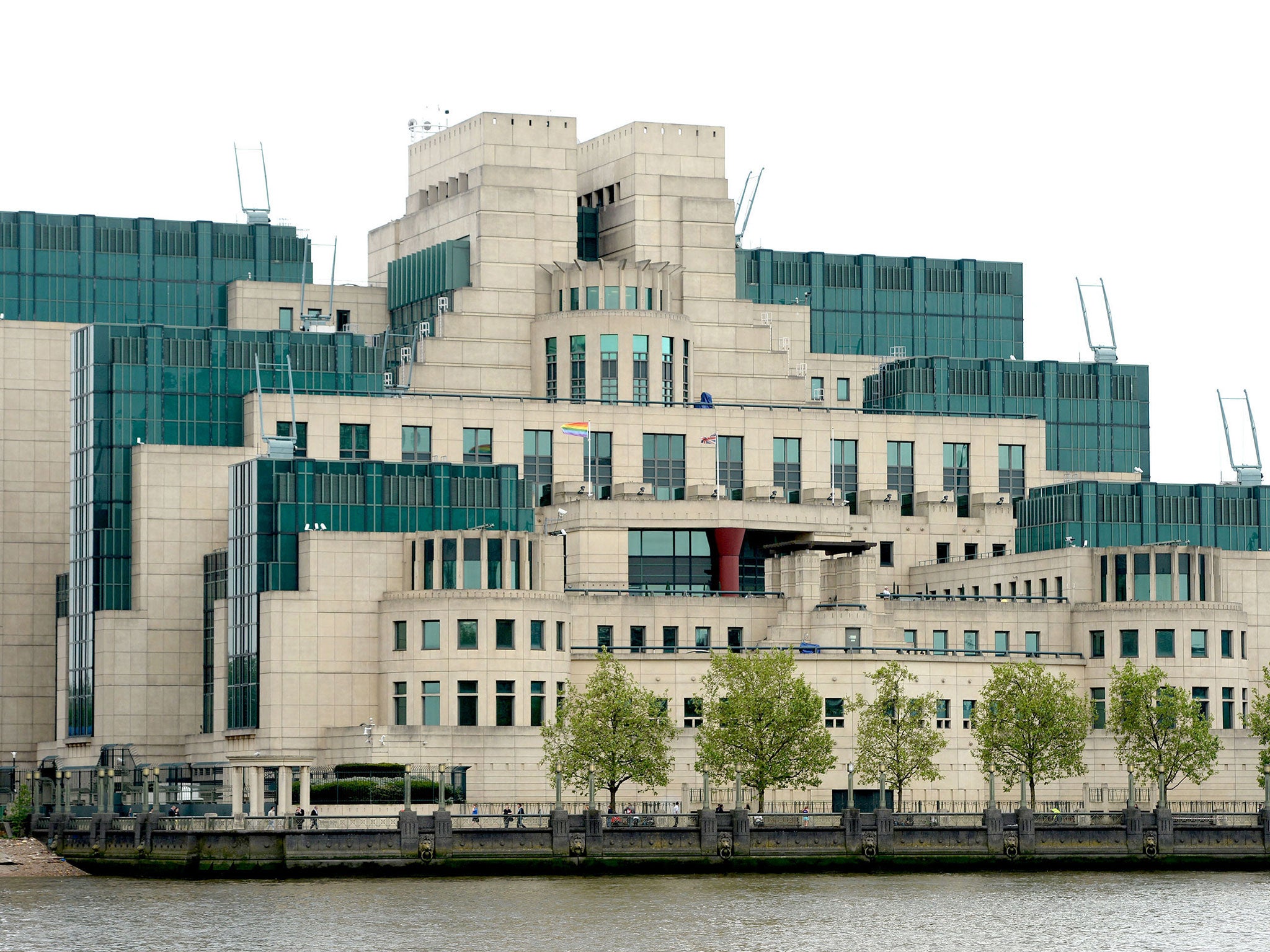The less that British spies look like James Bond, the better
The Secret Intelligence Service is running its first ever TV advertising campaign to try to recruit more women and ethnic minorities – which is good for national security

Your support helps us to tell the story
From reproductive rights to climate change to Big Tech, The Independent is on the ground when the story is developing. Whether it's investigating the financials of Elon Musk's pro-Trump PAC or producing our latest documentary, 'The A Word', which shines a light on the American women fighting for reproductive rights, we know how important it is to parse out the facts from the messaging.
At such a critical moment in US history, we need reporters on the ground. Your donation allows us to keep sending journalists to speak to both sides of the story.
The Independent is trusted by Americans across the entire political spectrum. And unlike many other quality news outlets, we choose not to lock Americans out of our reporting and analysis with paywalls. We believe quality journalism should be available to everyone, paid for by those who can afford it.
Your support makes all the difference.It is a while since the intelligence services emerged blinking into the daylight after decades in which the mere existence of British spies would be officially denied, but it still comes as a surprise that MI6 should be running a recruitment advertisement on television. It even has a clever payoff line: “Secretly, we’re just like you.”
And when all public services make a fuss of how hard they are trying to be representative of the nation they serve, it still comes as a surprise when the secret services do it too. But there are particularly good reasons why they should.
Of course, there is the simple argument that applies to any recruitment exercise: that widening the pool of candidates makes it easier to recruit higher calibre staff. Alex Younger, chief of the Secret Intelligence Service, said the aim of the campaign was to “dispel the myths that still too often see potential candidates rule themselves out”.
Anything that defeats the stereotype of work in intelligence being for white men like James Bond potentially more than doubles the size of the recruitment pool. Relaxing the nationality rules to make it easier for people with foreign-born parents to apply also makes sense, and is a welcome change.
But there is another reason for encouraging more diverse recruitment. The greatest recent failure of British intelligence was its part in promoting the groupthink of Western agencies about Iraq’s weapons of mass destruction, before the invasion of 2003.
The comprehensive Chilcot report published two years ago – 13 years after the invasion – spoke repeatedly of the failure of system to “challenge” the assumption that Saddam Hussein was concealing illegal weapons, which hardened over time.
One of the myths about the intelligence services that Mr Younger may be trying to dispel is that they tend to attract eccentrics and unconventional thinkers. The Iraq disaster suggests that such personality traits were not strongly in evidence – and in an earlier age most of the real oddballs turned out to be working for the other side, or plotting against Harold Wilson, the leader of our own elected government.
So anything that widens the range and rigour of thinking about national security is a good idea. The collapse today of the talks between the US and North Korea is a reminder of how little we understand so many of the potential international threats to our security.
There is a wider point about recruiting more diverse spies, although it perhaps applies more to the domestic security service, MI5. The threat of terrorism means that since 2001, there has been a premium on understanding political violence inspired by Islamism.
That applies to homegrown terrorists such as the perpetrators of the London attacks in 2005, or the partly homegrown ones such as the Manchester Arena bomber (born in the UK to Libyan parents and travelled to Libya), or the fortunately less successful Parsons Green one (a teenage Iraqi refugee).
Since 9/11, successive governments have increased spending on intelligence, and both MI5 and MI6 have good recent records of diverse recruitment, but they still have some way to go before they can truly say to the society they are there to protect: “We’re just like you.”
Join our commenting forum
Join thought-provoking conversations, follow other Independent readers and see their replies
Comments